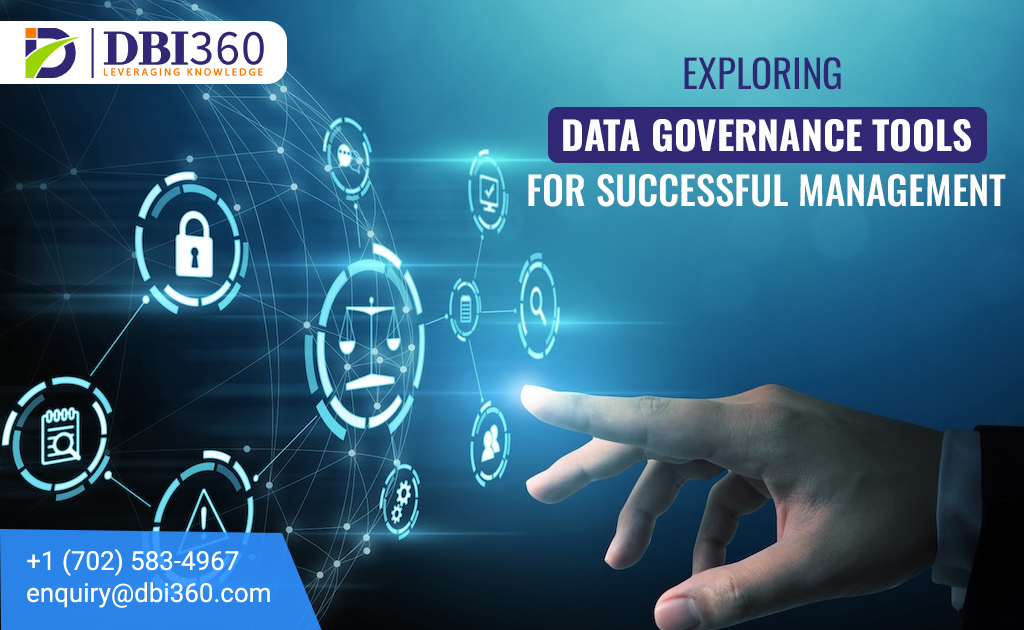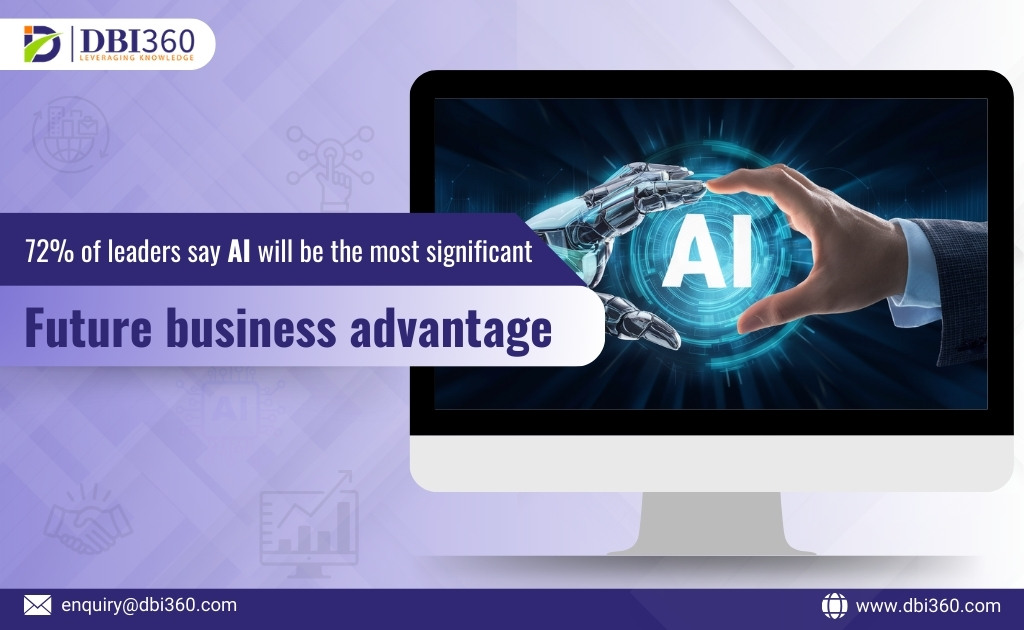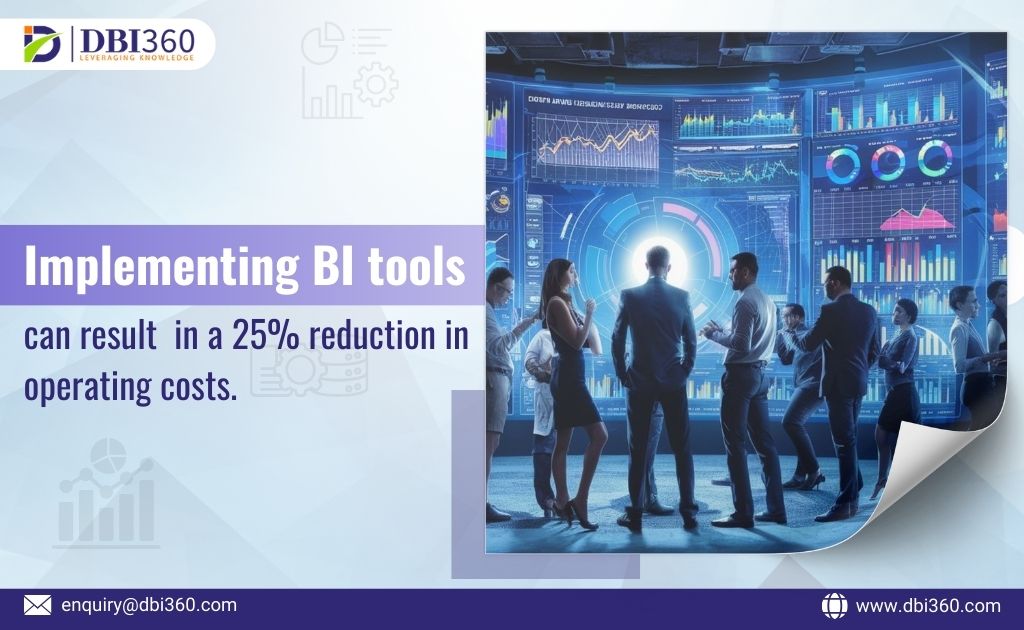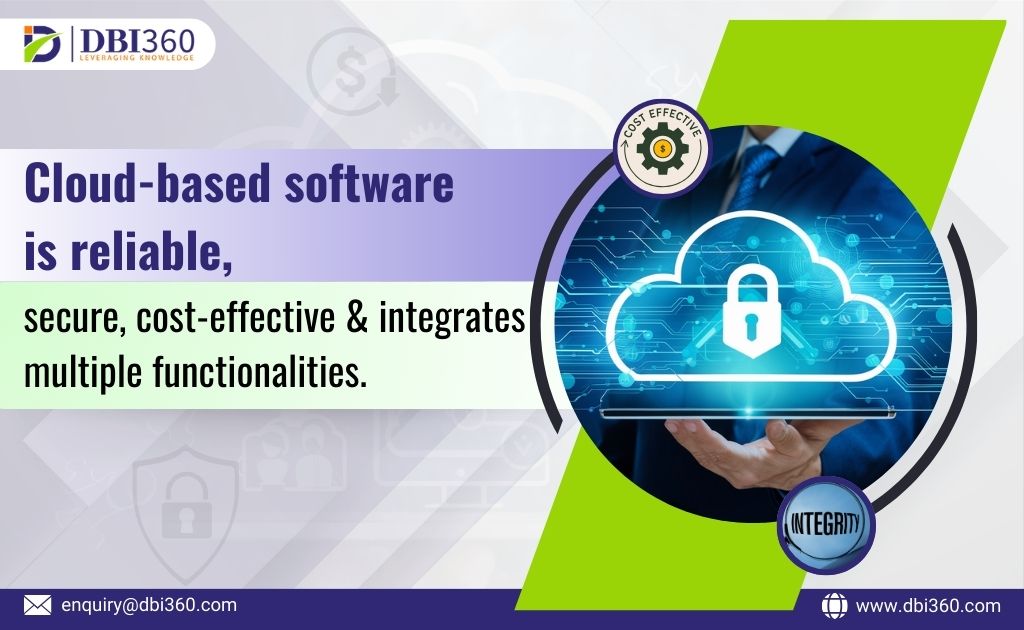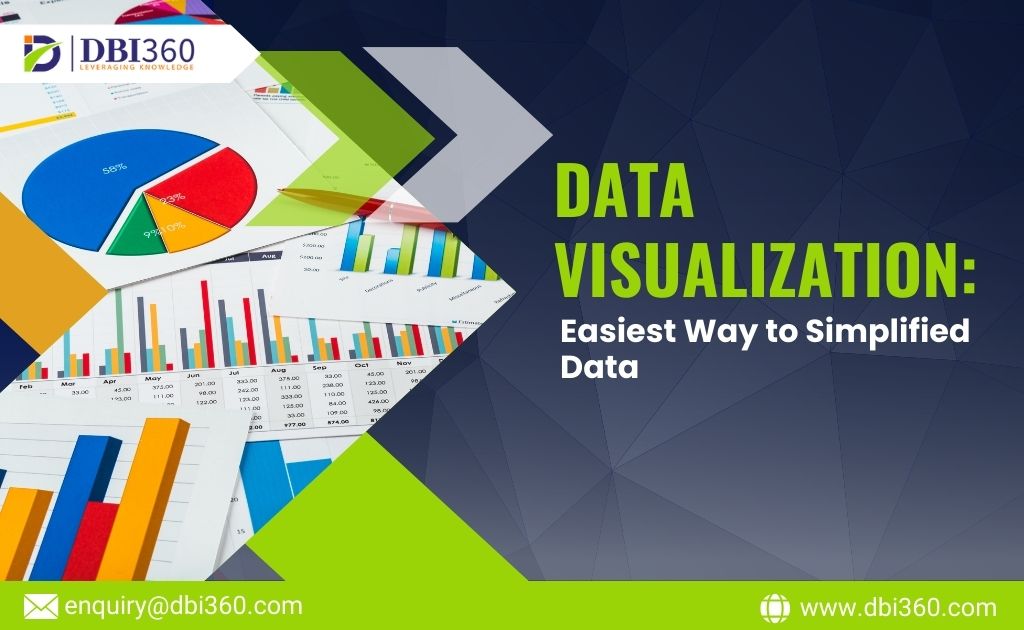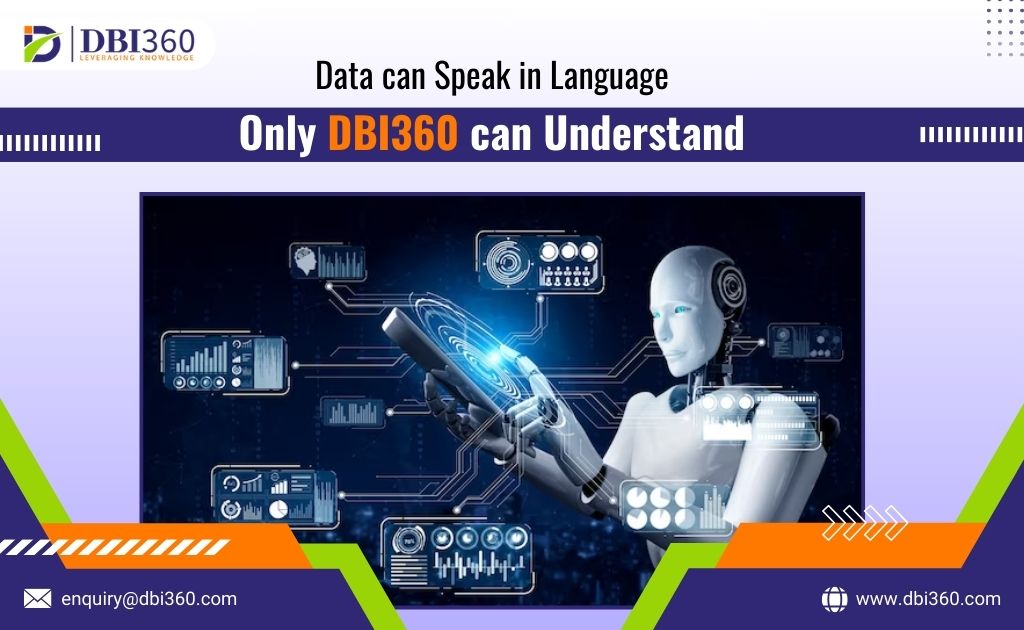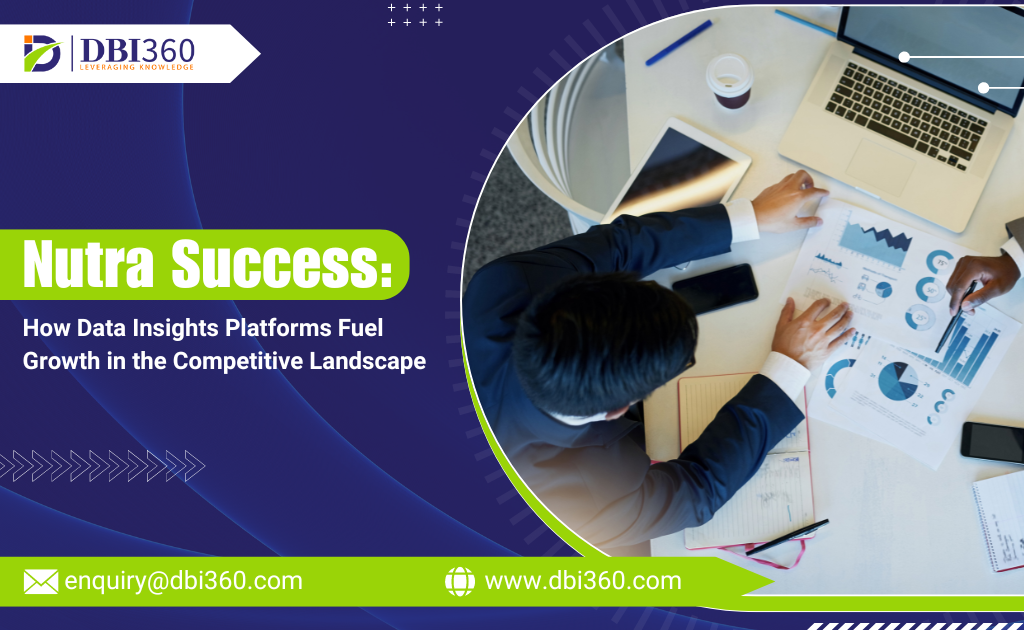Effective data governance tools have become indispensable for modern businesses in today’s data-driven business landscape, where information is a strategic asset. The ability to manage, protect, and optimize data has a direct impact on decision-making, compliance, and overall operational efficiency. This guest post delves into the significance of tools, their role in navigating challenges, and the solutions they offer to ensure data excellence and business success.
Understanding Data Governance Tools:
Governance tools encompass technologies, processes, and strategies to ensure data quality, consistency, security, and compliance. These tools enable businesses to establish rules, policies, and procedures for data management across the organization. From defining data ownership to implementing access controls, it play a pivotal role in ensuring that data remains accurate, trustworthy, and accessible to those who need it.
The Challenge of Data Proliferation:
As businesses accumulate vast amounts of data, data proliferation challenges emerge. Data governance tools address this challenge by providing mechanisms to identify, classify, and categorize data. Through data cataloging and metadata management, these tools create a clear understanding of the data landscape, facilitating easy data discovery and access while preventing data redundancy and confusion.
Data Privacy and Compliance:
Breaches of vital information and privacy concerns are increasingly prevalent. Data governance solutions assist businesses in maintaining compliance with data protection regulations such as GDPR, HIPAA, and CCPA. These tools establish data access controls, monitor data usage, and enforce privacy policies, ensuring that sensitive information is safeguarded and used appropriately.
Establishing Data Ownership and Accountability:
Without clear data ownership and accountability, data can become fragmented and mismanaged. Data governanceaddress this challenge by defining roles, responsibilities, and accountability for data across the organization. With designated data stewards and custodians, businesses can ensure data is properly managed throughout its lifecycle.
Data Quality and Consistency:
Accurate and consistent data is essential for informed decision-making. Governance tools for data facilitate data quality management by identifying anomalies, inconsistencies, and errors. These tools enable businesses to establish data quality standards, conduct data profiling, and implement data cleansing processes to maintain data accuracy.
Aligning Data with Business Goals:
For data to deliver value, it must align with business goals and objectives. Data governancebridge this gap by linking data assets to business processes and outcomes. This alignment enables businesses to prioritize data initiatives based on their impact on achieving strategic objectives, ensuring that data efforts contribute directly to business success.
Solutions Offered by Data Governance Tools:
Efficient Data Management: Data governance solutions provide a centralized platform for managing data assets. This streamlines data management processes reduces duplication of efforts and ensures a single source of truth for organizational data.
Enhanced Data Security: With features such as access controls, encryption, and audit trails, data governance tools enhance data security. Businesses can protect sensitive data from unauthorized access, minimizing the risk of breaches.
Improved Decision-Making: Reliable and accurate data leads to better decision-making. Data governance tools ensure decision-makers have access to trustworthy data, enabling them to make informed choices that drive business growth.
Compliance and Accountability: Data governance solutions assist businesses in adhering to regulatory requirements and industry standards. Businesses can avoid legal repercussions and reputational damage by enforcing data privacy and compliance policies.
Data Transparency: Data governance tools promote transparency by providing insights into data lineage, usage, and changes. This transparency builds trust among stakeholders and enhances collaboration.
Effective Collaboration: Cross-functional collaboration is essential for data governance. Data governance tools enable different teams to collaborate on data initiatives, fostering a culture of shared responsibility and data-driven decision-making.
Data Governance Maturity and Continuous Improvement:
Data governancesare vital in advancing an organization’s data governance maturity. These tools enable businesses to establish a framework for ongoing data governance efforts, ensuring that data policies and practices evolve alongside the organization. As businesses grow and adapt, their data governance requirements change. Data governance tools provide the flexibility to modify data policies, update data definitions, and accommodate new data sources seamlessly. This adaptability allows businesses to continuously improve their data governance processes. Also, ensuring data remains relevant, accurate, and aligned with business needs.
Data Governance Adoption Challenges and Overcoming Resistance:
While solutions for data governance offer significant benefits, their successful implementation can be met with challenges. Resistance to change, lack of awareness about the importance of data governance, and difficulties in convincing stakeholders can hinder adoption. Addressing these challenges requires a strategic approach. By showcasing the value of data governance tools through success stories, they emphasize the alignment between data and business goals. By providing comprehensive training, businesses can overcome resistance and foster a culture of data-driven decision-making.
The Future of Data Governance Tools: Trends and Innovations:
The data governance landscape is evolving rapidly, driven by technological advancements and changing data regulations. Looking to the future, several trends and innovations are shaping the evolution of data governance tools. These include the integration of AI and machine learning for automated data classification and data lineage visualization. Additionally, the emergence of blockchain technology is poised to enhance data security and transparency. As data plays a central role in business strategies, data governance will continue to adapt and innovate to meet the evolving needs of modern businesses, ensuring data excellence and sustainable success.
As modern businesses strive to become more agile, responsive, and competitive, they must recognize that data is at the heart of this transformation. With the right data governance tools in place, businesses can harness the power of data as a strategic asset, fueling innovation, fostering collaboration, and driving growth. The journey toward data excellence begins with adopting it but doesn’t end there. It continues with a commitment to continuous improvement, the willingness to overcome challenges, and the foresight to embrace the ever-evolving landscape of data governance.
In a data-centric world, businesses that invest in robust tools position themselves to thrive today and shape a future where data-driven success is the norm. The journey may be complex, but with the guidance of data governance tools, businesses can confidently navigate the challenges. It harnesses the opportunities, and achieve the ultimate goal. Also, unlocks the full potential of their data to drive sustainable growth, innovation, and business excellence.
Conclusion: Navigating Data Excellence with Data Governance Tools
In the era of data-driven decision-making, data governance are the compass that guides businesses through the challenges of data proliferation, privacy concerns, and data quality issues. By establishing data policies, ensuring accountability, and aligning data with business objectives, these tools pave the way for data excellence and business success. In a landscape where data is an asset, itempowers businesses to harness the full potential of their data, driving innovation, efficiency, and competitive advantage. As modern businesses continue to embrace data as a strategic asset, the role of governance tools in ensuring accurate, accessible, and compliant data has never been more critical.


